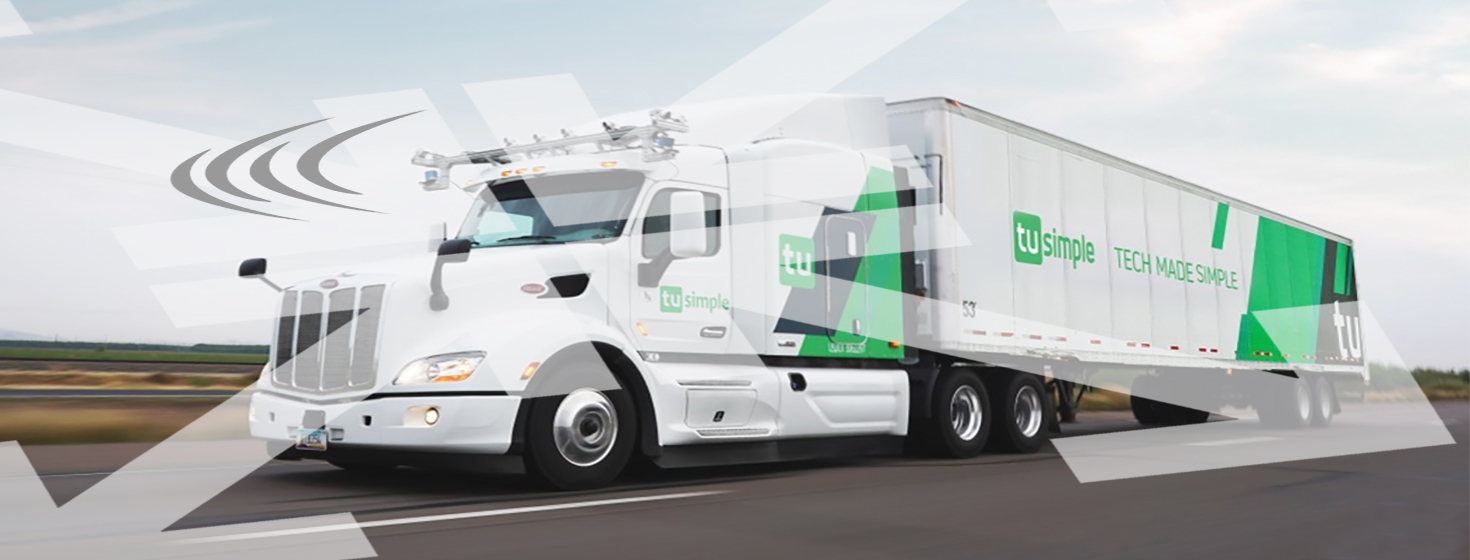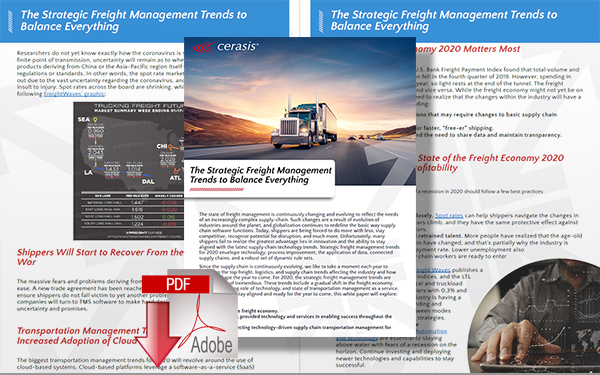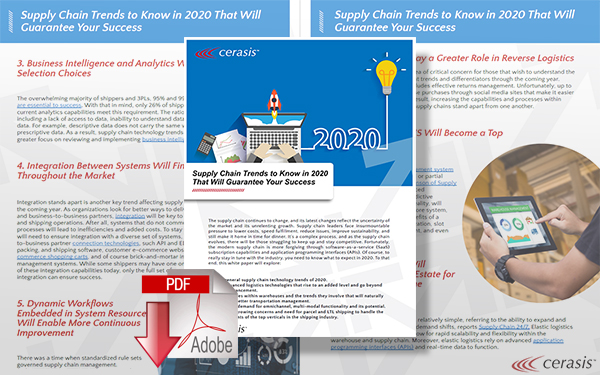Elon Musk’s Push for Tesla Semi
Shares of Tesla Inc. (TSLA) rose more than 9% yesterday after Chief Executive Elon Musk urged the company “to go all out” on the production of the Tesla Semi, its electric freight truck, amid a surge in investor interest about an emerging competitor.
An email memo from Musk, first reported by Electrek, said that it was “time to go all out and bring the Tesla Semi to volume production.”
According to Reuters, Musk sent the note to staff following the very successful IPO of zero-emissions startup Nikola Motors, which plans a lineup of battery-powered and hydrogen fuel-cell-powered commercial trucks starting next year.
Phoenix-based Nikola’s market capitalization surpassed Ford’s on Tuesday after announcing a reservation date for a small pickup, despite company projections that it wouldn’t even reach $1 billion in revenue until 2023.
Musk went on to say that the commercial truck’s batteries and powertrain would be made at Tesla’s Nevada battery factory with other work likely taking place “in other states.”
As stated, Musk’s memo comes amid a rally for the shares of Nikola Corp. (NKLA), an Arizona-based electric-truck startup that went public last week.
Nikola is developing commercial and passenger vehicles using batteries and hydrogen fuel cell technology, and the stock has more than doubled since it began trading publicly.
Latest: Elon Musk Weighs In on Tesla’s Stock Again
Tesla's Semi
The Tesla Semi has flown under the radar in recent months when most of Tesla news was focused on the Model Y, the compact SUV that is the newest Tesla vehicle, sales of its Model 3 mass-market sedan in China, and speculation about the locations for the company’s next U.S. and European factories.
A concept Tesla Semi was unveiled in November 2017, with a base model expected to cost around $150,000.
Tesla has been taking reservations for the truck, requiring $20,000 upfront, broken down as a $5,000 credit-car payment, and $15,000 wire transfer.
The commercial truck was expected to be available in 2019, and several companies, including J.B. Hunt Transport Services, Walmart, and United Parcel Service, have placed orders.
stirring up some excitement
More Musk Hype?
As reported by Seeking Alpha, while stirring up some excitement, Musk's latest statements on the Tesla Semi offered little in the way of concrete information regarding an updated development timeline, a fact that Bloomberg reporter Dana Hull was quick to point out:
“In April's earnings release, Tesla said they were shifting first Tesla Semi deliveries to 2021. Batteries have been the constraint. So not sure what is actually new here. The internal email is vague on timing.”
It seems vanishingly unlikely that Tesla has cracked the battery physics problem since April, so why the sudden renewed attention on the Semi? The vagueness of Musk's comments is telling, as is the timing, which coincides with Nikola's post-IPO bull run.
The excitement around Nikola has been contagious and the stock has soared since its debut. In what can perhaps only be described as intense speculative euphoria, Nikola's market capitalization briefly surged past Ford's (F) this week. Despite having yet to deliver a single-vehicle.
Given this context, it appears likely that Musk's comments on the Tesla Semi were more about catching the Nikola hype wave than meaningfully accelerating the production timeline, as Bloomberg's Gabrielle Coppola opined:
“Elon Musk wasn't about to let a revenue-less manufacturer of zero-emission semi-trucks steal the spotlight from Tesla Inc.”
This view was shared by Wall Street analysts, both bull and bear. Robert W. Baird's Ben Kallo, a longtime Tesla bull, opined that Musk was simply “making noise because of Nikola.” According to Cowen & Co. analyst Jeff Osborne, a Tesla bear, Musk's comments were likely designed to keep Tesla in the trucking news conversation:
“Given some of the other news flow in the past month to two months on the Class 8 truck market, I think he's probably trying to keep Tesla in the marketing cycle just for all the megatrends going on in trucking.”
While there is the substantial sizzle in Musk's latest Tesla Semi update, there is precious little to sink our teeth into. That appears to be by design.
Tesla Semi Investor's View
During Tesla's Q4 2019 earnings call Q&A in January 2020, Musk claimed that Semi production delays were the result of prioritizing battery production for use in other vehicles, especially the Model 3 sedan:
“If you don't improve that, you end up shifting unit volume from one part to another and you haven't actually produced more electric vehicles. That's one reason we have not accelerated the production of the Tesla Semi. Because it does use a lot of cells. Unless we have got those cells available, then accelerating production of the Semi would mean making fewer Model 3 or other cars.”
Musk's explanation is incomplete at best. However, let's consider for a moment that it is the principal cause of delayed Semi production. It would mean that Tesla now has excess battery cells that can be reallocated from Model 3 and other vehicles to the Semi. That would imply a falling demand for Tesla's existing product lineup. Recent price cuts to the Model 3, Model S, and Model X are evidence of softening domestic demand. Moreover, the addition of the Model Y to Tesla's referral program has caused even the most ardent Tesla boosters to worry about weak demand for the company's latest model.
Ultimately, the signs of demand trouble that have mounted in recent weeks are unlikely to have an impact on actual Tesla Semi production, given the persistent technical challenges facing the platform. But they are a symptom of a broader challenge facing Tesla and its bulging market cap: The company is priced for far more than perfection.
Promoting the Semi in the wake of Nikola's successful IPO may help to distract investors from the deteriorating fundamental story, at least for a while. But fundamentals always win out in the end. Even if it takes considerably longer than anyone thought was possible.
Related Article: 5 Impacts of Autonomous Freight Trucking on Supply Chains
Related Papers
Bringing Long-Haul Electric Trucks into China
This paper addresses two main questions; What are the potential impacts on carbon emissions of electric long haul trucks in China, and what are the barriers to the adoption of electric long haul trucks in China? Download Now!
2020 Strategic Freight Management Trends
In this educational and informative white paper, you will learn about the top freight, logistics, and supply chain trends affecting the industry and how they will shape the year to come. Download Now!
Supply Chain Trends to Know in 2020
This educational and informative white paper details how everyone needs more technology and functionality to offer faster purchase-to-door-shipping, regardless of channel or order origin, the question is, are you and your company up for the challenge and can you guarantee success? Download Now!
More Cerasis Resources
Article topics
Email Sign Up






















